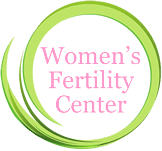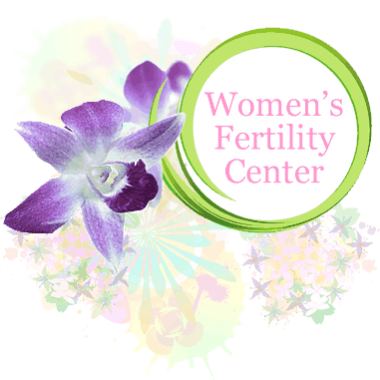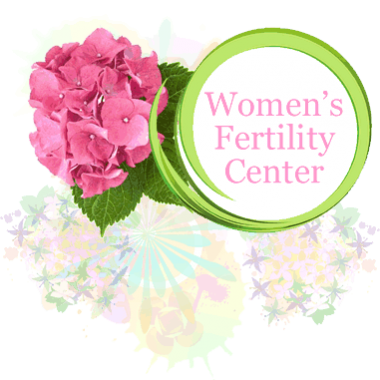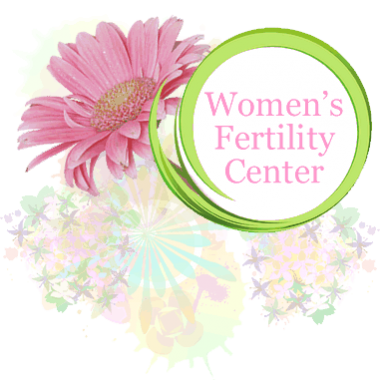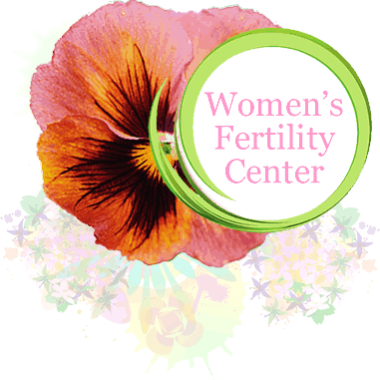Becoming a Parent using an Egg Donor
The highest pregnancy rates from assisted reproductive technology (up to 80%) are achieved with in vitro fertilization (IVF) using an egg donor. This is largely because of the young age of the donor (all donors are between 21 and 32 years old).
IVF using an egg donor is a personal choice and will be kept confidential by everyone involved with your care.
Many women have achieved healthy pregnancies by undergoing IVF using an egg donor. IVF using an egg donor is a desirable treatment choice in several instances:
- Women with diminished ovarian reserve (poor egg quality and/or quantity)
- Women who produce few eggs when taking fertility medication
- Recurrent pregnancy loss (miscarriage)
- Inheritable maternal conditions that are very serious or fatal
- Inability to achieve a pregnancy using a woman’s own eggs
The preparation for pregnancy with IVF using an egg donor is simpler than a traditional IVF cycle:
- The intended mother (or sometimes a surrogate) is prepared for pregnancy by taking hormones to suppress ovulation
- The uterine lining is then thickened with medication so that it is ready and able to support a pregnancy
- Meanwhile, the egg donor (a young woman, frequently anonymous to the intended parents) takes fertility hormones so that she will produce multiple, mature eggs simultaneously
- The donor then undergoes an egg retrieval and her eggs are collected and donated to the intended parents
- In the lab, the eggs are fertilized with the intended father’s (or sometimes donor’s) sperm
- The eggs are assessed the next day to see if they have fertilized normally, and daily thereafter
- Embryos are transferred either on day 3 or on day 5 (the blastocyst stage)
- One or two embryos are placed inside the intended mother’s (or surrogate’s) uterus to optimize the chances for pregnancy
- Often, there are extranumerary embryos that may be cryopreserved (frozen) for another pregnancy in the future
